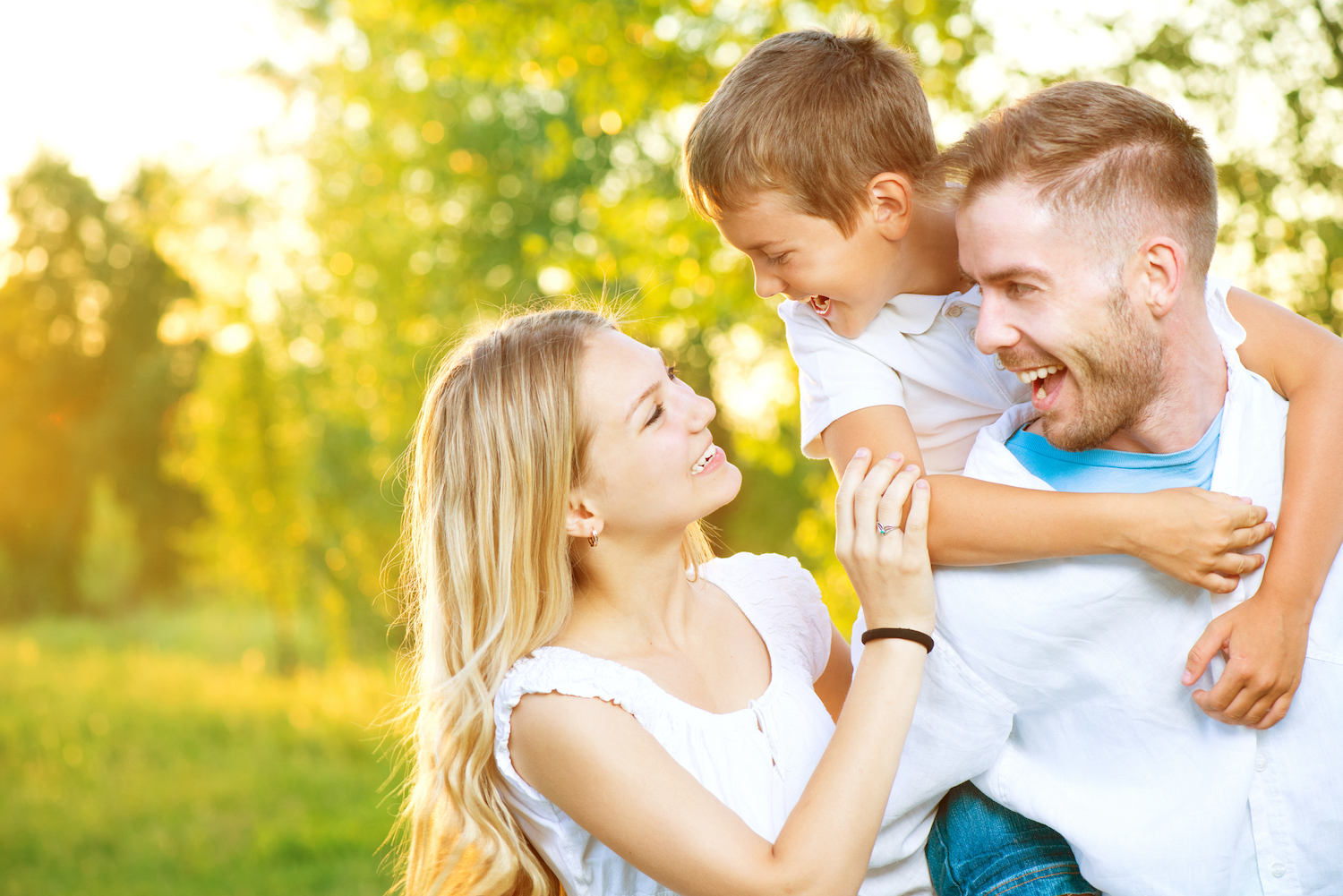Children are far more observant than we often give them credit for. They’re like little sponges, absorbing everything around them—often without us even realizing it. Have you ever dropped an unexpected word like “shit” and then watched in horror as your child repeated it? That’s because their ears are always open, and they’re soaking up everything, even the things we might not expect them to notice.
This same idea applies to how you and your partner behave around your kids, especially in the way you interact with each other. As parents, you are their first and most important example of what a romantic relationship can look like. The way you treat each other, from your words to your actions, is shaping their understanding of love, respect, and partnership.
You’re More of an Influence Than You Realise
Kids are constantly watching and learning from the environment they’re in, especially when it comes to relationships. Take, for example, children who grow up in homes with domestic violence. These children can grow up thinking that abuse is just a normal part of relationships. They might end up in unhealthy, even abusive, relationships themselves as they get older.
While not every child faces this extreme situation, it highlights an important point: children are always paying attention, even when we think they’re not. They look to you for guidance on gender roles, conflict resolution, and how a loving partnership works. For example, if your mom was the breadwinner and your dad was a stay-at-home parent, you may have grown up believing that either role is perfectly normal. But your friends might have had a different experience with their parents. So, what message are you sending to your children about gender roles, teamwork, and respect?
Consider how you and your partner divide household responsibilities. Whether you’re the primary income earner, your partner works part-time, or you both share the load, it’s worth thinking about how your division of labour shapes your kids’ understanding of equality in relationships. When both partners work together—whether it’s sharing chores, finances, or emotional support—you’re modelling the kind of partnership your child can take with them into their own relationships.
4 Simple Ways to Positively Impact Your Kids
1. Show Affection Toward Each Other
While you’re busy showering your children with love and affection, don’t forget to show the same to your partner. Kids learn a lot about intimacy by watching their parents, so if they never see you share a hug, kiss, or even just sit close to each other on the couch, they may struggle with physical affection in their future relationships.
Affection shouldn’t just be a reward for good behaviour—it should be something you give freely and regularly. Next time your partner is having a rough day or has made a mistake, show them affection and comfort in front of the kids. This teaches them that love isn’t conditional; it’s a constant part of a healthy relationship.
2. Keep Your ‘Date Nights’ Alive
It’s easy to get lost in the role of “parent” and forget about being a couple. But it’s essential to nurture your relationship outside of your parenting duties. Date nights (even if they’re at home after the kids go to bed) are crucial for keeping that bond strong. Your kids may grumble about spending time with Grandma, but when they see that you and your partner make time for each other, it sets an example of what a healthy, loving relationship looks like.
3. Share the Domestic Responsibilities
Taking care of a household is a big job, and it’s easier—and more enjoyable—when you share the load. When you and your partner work together, you’re showing your kids that both partners contribute to keeping things running smoothly. Plus, getting the kids involved in chores helps them learn that everyone has a role to play, no matter how big or small. By working together as a team, you’re setting an example that partnership isn’t just about love, it’s about shared responsibility.
4. Handle Disagreements with Respect
Arguments are a part of any relationship, but it’s important how you handle them in front of your kids. Disagreements, when approached with respect and maturity, can actually teach your children valuable lessons about conflict resolution. They’ll learn that it’s okay to disagree and that it’s possible to disagree respectfully.
Of course, this doesn’t mean yelling or name-calling. If things ever escalate, it’s best to walk away until you can approach the situation calmly. What your kids learn from how you manage conflict could be something they carry with them into their own relationships.
–
Dr. Lurve is the nation’s leading love and relationship expert, offering her extensive knowledge and experience to singles and couples everywhere. Dr. Lurve can help you discover love within yourself, helping you unlock ways to embrace love and passion to create a long-lasting, fulfilling relationship. Dr Lurve offers several opportunities to work with her in The Lurve Lab. This includes a unique series of courses, seminars, talks and intensives for those ready to find, cultivate, and keep love. Dr. Lurve guides couples and singles by creating connections that last a lifetime.
You can find more information on Dr Lurve at www.drlurve.com or on Instagram @dr.lurve
Got a question for Dr Lurve send them through to ask@drlurve.com
You may also like to read:
Understanding your child’s emotions
8 Ways to Model a Healthy Relationship to your Children








